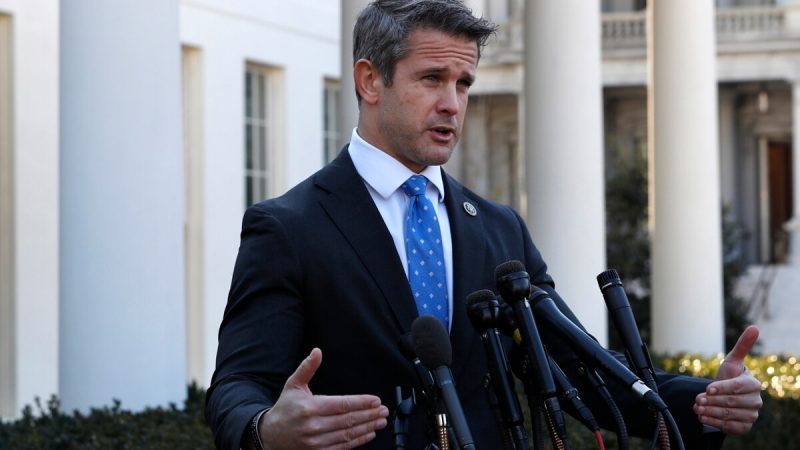The Student Revolt Is Coming As The Price Of Education Is Completely Out Of Control

The numbers are in: 2015 graduates are, so far, the deepest in debt of any graduating class yet; and sadly there is little reason to think the class of 2016 won’t outdo them. This fall, a little over 20 million students began their college education or returned to campuses and 70% of them have signed away future income to student loans. The average debt burden for this year’s graduating class? Just over $35,000.
When I started college in 2012, I remember hearing the scary figure of the average student loan tossed around in those days – it was $27,000, which sounded pretty bad then. Now that I see this year’s figure, all I can wonder is: are we all going to sit around and blithely accept the fact that during a single student’s tenure at a four-year college, the average debt burden has increased by eight thousand fucking dollars? There is no inflation in the world to explain that. Even the sort of people who think that it’s a moral imperative to pay back loaned money (even if that money is basically manufactured out of thin air at a usurious interest rate as it is for federal student loans, but that’s a story for another day) will have to admit that tuition costs have gone beyond absurd and are now simply criminal. No one would bend over and take it if they took four identical apples to a checkout line at the grocery store, and each time one rung up the price increased by 75% just because the store figured it can charge, and people will still buy.
And it’s the same damn product we’re buying year after year. Why have we collectively made barely a peep thus far when we’re talking tens of thousands of dollars for access to training that is ultimately an investment in our collective future — not a luxury product? While higher education is increasingly being treated as a commodity, unlike with apples or other salable goods students can’t afford to boycott purchasing this particular good, which makes it totally immune to even the vague threat of supply and demand pricing. In today’s economy, the bachelor’s degree is what a high school diploma used to be 30 years ago. Even with a bachelor’s degree many find that viable, well-paying, full-time employment is nearly unattainable. Getting a college degree and a good job (or damn, just a good job) used to be a kind of mundane American goal; now, for many graduates it seems almost fantastical.
All of these rather dismal facts are beginning to add up for the American Scholar, however. Something is brewing on our campuses. Students are ever becoming more aware that we are the only major nation that does not invest in tuition-free university, and are angry that not only do we have to pay back the loans; we have to pay back exorbitant loans with interest rates that could be bested by a car dealership. Oh, and they’re compounding. It’s beginning to feel like not only does our country not see education as an investment in human capital and future prosperity (which it is); but having the hutzpah to put four or more years of your life into getting schooled only to be set free into a floundering job market is a fool’s errand.
It was more obvious in the case of victims of openly for-profit colleges, notably the Corinthian 15 (which soon became the Corinthian 100), A group of students at the colleges run by Corinthian Colleges Inc. who were effective in convincing, through protest, the Department of Education that predatory schools that lie about the return on investment their degrees offer warranted the enactment of “Gainful employment regulations” last summer.
Now, with the 2016 election season already kicking up dust, students of state-run and private four year colleges – not traditionally known as “predatory” institutions, though that perception is somewhat changing– are mobilizing to be heard in the national forum, as the state of American colleges is shaping up to be an enormous issue for this election. Senator Bernie Sanders, in particular, has upped the political ante early on by unapologetically and directly insisting that college education should be tuition-free and accessible to all, right out of the gate. Feeling that this is the year that the country might actually listen; students are organizing direct action. One such effort is the upcoming Million Student March, a nationwide event slated for November 12th, already has 85 protests planned in 34 states and a #millionstudentmarch social media deluge coming October 29th.
Strike Debt, a solidarity network that “aims to build collective power to challenge the way [they] finance and access basic necessities such as housing, medical care and education”, has abolished over $31 million dollars of debt through their “Rolling Jubilee”. Last year, University of California students held walk-outs and sit-ins to protest tuition hikes that came hot on the tails of a salary boost for high-level administrators. And all over, Students are independently organizing meetings and workshops to educate their peers and address what they see as a usurious, unjust and immoral education system. It seems likely the issue will only heat up as the presidential race picks up speed, and it’s to be expected that if tuition keeps rising as it has, it will reach a terminal point at which American students will refuse to keep paying more and getting less.
The time to hit the bricks and demand a better system is now – so let’s hope students, parents, those with loans and those yet to be crushed by them can come together and make it happen.
Image via studentmarch.org






